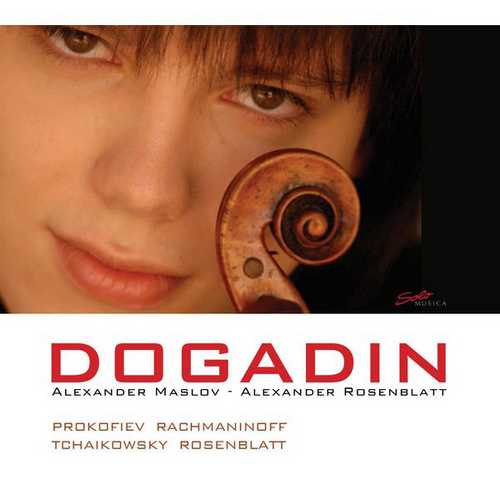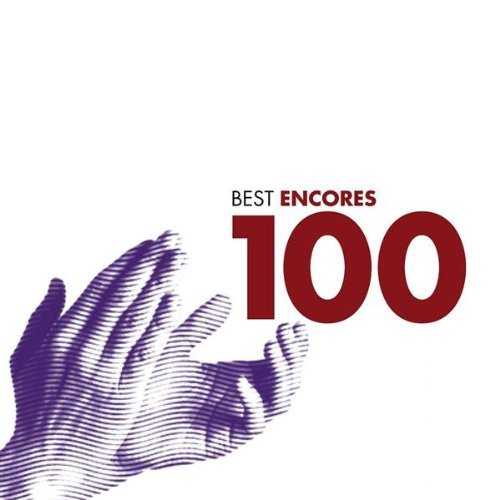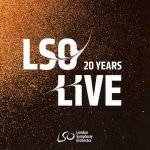
Composer: Sergei Prokofiev, Sergey Rachmaninov, Alexander Rosenblatt, Pyotr Il’yich Tchaikovsky
Performer: Alexander Maslov, Sergey Dogadin
Format: FLAC (tracks)
Label: Solo Musica
Catalogue: SM131
Release: 2010
Size: 270 MB
Recovery: +3%
Scan: yes
01. Tchaikovsky: Sérénade Mélancolique for Violin & Orchestra in B minor, Op. 26
02. Tchaikovsky: Valse-scherzo in C major for violin & orchestra (or violin & piano), Op. 34
03. Tchaikovsky: Souvenir d’un lieu cher, Op. 42: Mélodie in E flat major
04. Rachmaninov: Vocalise, Op. 34 No. 14
Prokofiev: Violin Sonata No. 1 in F minor, Op. 80
05. I. Andante assai
06. II. Allegro brusco
07. III. Andante
08. IV. Allegrissimo – Andante assai, come prima
09. Rosenblatt: Carmen Fantasy
Entitling a debut album with nothing more than your last name is a bold, perhaps overly confident statement for a young artist. But that is precisely what Russian-born violinist Sergey Dogadin has done in his 2008 Solo Musica album Dogadin. Aged all of 20 years at the time of recording, Dogadin chose an unsurprising selection of Russian works for violin and piano. He begins with three short Tchaikovsky works (including the popular Sérénade mélancolique) before moving on to the over-played Rachmaninov (whose name is spelled three different ways on the album) Vocalise. The real meat of the program begins with the emotionally volatile Prokofiev First Sonata and concludes with the technically challenging though musically fluffy Rosenblatt Carmen Fantasy. Dogadin plays with the confidence and bravado that may be expected. He certainly has an impressive technique and a thorough mastery of his instrument.
The lyrical sections of his program showcase his ability to truly sing through his instrument without becoming overwrought. He tosses off technically demanding passages with energy and accuracy and possesses an appealing variety of tone colors. Does he have the skills and musicianship to match the confidence of his album’s title? No, or at least not yet. He is an obviously talented young artist but still has some maturing to do to more seamlessly join his technique with his musical interpretation; the potential is there, and his career should be watched eagerly. Solo Musica’s recorded sound is a bit sterile and the microphone picks up far too much of Dogadin’s rather heavy breathing than is desirable.



